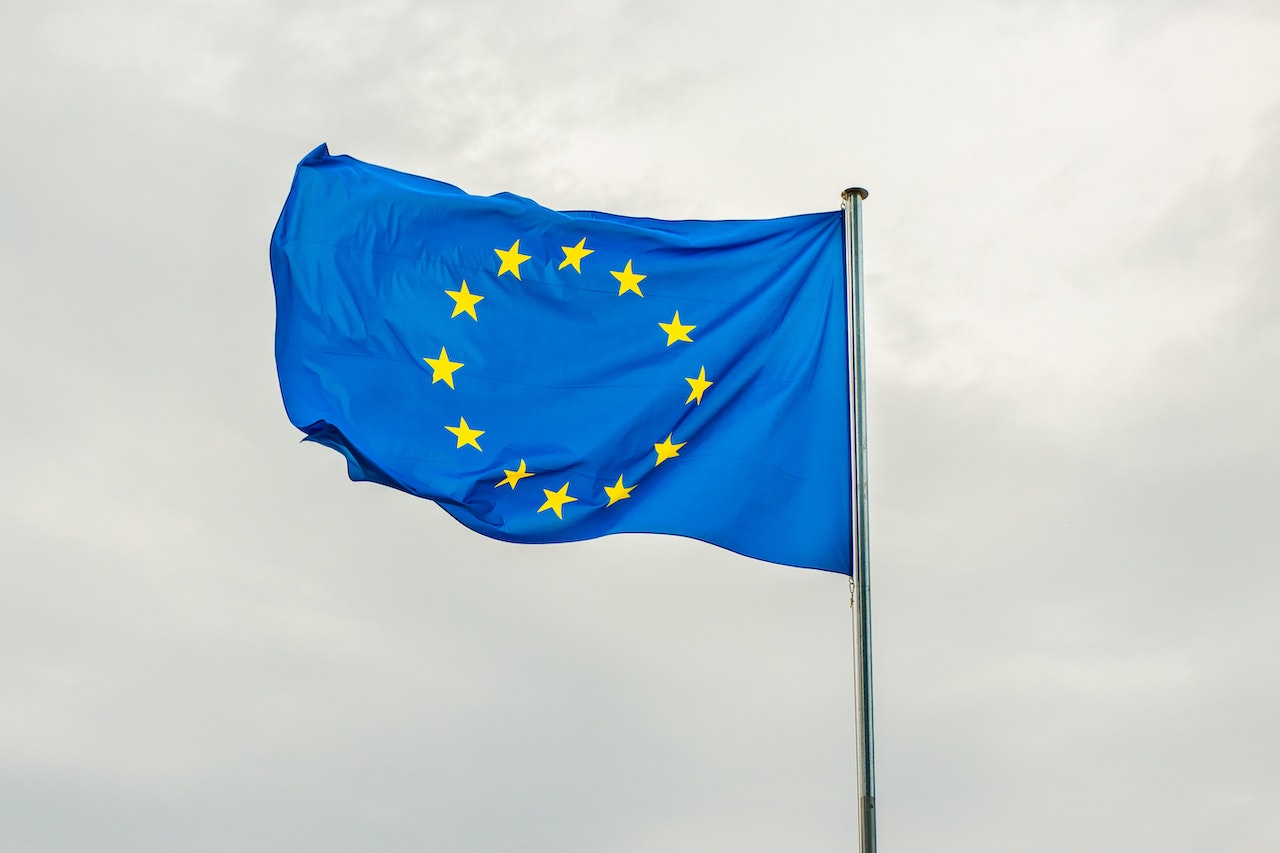Comments
- No comments found

The EU has struggled to address the financial crisis that hit several member states in the eurozone, including Greece, Italy, and Spain, in the late 2000s.
Despite recent challenges, the EU has demonstrated its ability to adapt and overcome difficulties, and it remains an important and influential organization in Europe and beyond.
The European Union (EU) was created in the aftermath of World War II with the aim of promoting peace and economic cooperation among European countries.
It is a complex political and economic union of 27 member states that has played a significant role in promoting peace, stability, and prosperity in Europe.
The origins of the EU can be traced back to the 1950s, when the European Coal and Steel Community (ECSC) was created by the Treaty of Paris. This organization, which was established by Belgium, France, Italy, Luxembourg, and the Netherlands, aimed to pool the coal and steel industries of its member countries in order to promote economic cooperation and reduce the risk of future conflict.
In 1957, the Treaty of Rome established the European Economic Community (EEC), which expanded upon the goals of the ECSC and created a common market among its member countries. The EEC later evolved into the European Union, which has grown to include 27 member states and has developed into a political and economic union with its own institutions, such as the European Commission, the European Parliament, and the European Court of Justice.
The EU has undergone several significant developments and expansions since its creation. Some key events in the history of the EU include:
1957: The Treaty of Rome establishes the European Economic Community (EEC), which creates a common market among its member countries.
1967: The EEC and the European Coal and Steel Community (ECSC) are merged into a single entity known as the European Community (EC).
1979: The first direct elections to the European Parliament are held.
1993: The Maastricht Treaty establishes the European Union and creates the single market.
2004: The EU expands to include 10 new member states, mostly from Central and Eastern Europe.
2007: The Lisbon Treaty comes into force, reforming the EU's institutions and decision-making processes.
2013: The EU expands to include Croatia, bringing the total number of member states to 28.
2020: The UK withdraws from the EU, reducing the number of member states to 27.
Like any organization, the EU is not without its challenges and criticisms. Some of the issues that have been raised with regard to the EU include:
Decision-making processes: The EU has a complex system of decision-making that involves the European Commission, the European Parliament, and the Council of the European Union. This system can be slow and difficult to navigate, leading to frustration among some member states.
Sovereignty: Some member states have expressed concern about the extent to which they have had to cede sovereignty to the EU in order to participate in the union.
Immigration: The EU's policy of freedom of movement, which allows citizens of member states to live and work in any other member state, has been a source of controversy in some countries, particularly in relation to the influx of immigrants from other EU countries.
Disparities in wealth and development: There are significant disparities in wealth and development among the member states of the EU, and some have argued that the union has not done enough to address these issues.
Brexit: The UK's decision to leave the EU, which took effect in 2020, has had significant implications for both the UK and the EU and has raised questions about the future of the union.
There are a number of ways that the European Union (EU) could potentially be improved. Here are 6 solutions to improve the efficiency of the EU:
Simplifying the decision-making process: The EU has a complex system of decision-making that involves multiple institutions and can be slow and difficult to navigate. Streamlining this process could help to make the EU more efficient and responsive to the needs of its member states.
Increasing transparency: Making the EU's decision-making process more transparent and open to public scrutiny could help to increase accountability and build trust in the organization.
Addressing disparities in wealth and development: The EU has significant disparities in wealth and development among its member states, and addressing these issues could help to create a more cohesive and prosperous union.
Improving communication and public engagement: Communicating the EU's activities and priorities more effectively and engaging more with the public could help to build support for the organization.
Reviewing the balance of power among EU institutions: Some member states have called for a review of the balance of power among the EU's institutions, such as the European Commission, the European Parliament, and the Council of the European Union, in order to address concerns about the distribution of power within the organization.
Strengthening the EU's external relations: Improving the EU's relationships with non-member states, such as through trade agreements and diplomatic efforts, could help to enhance the organization's global influence and strengthen its position on the world stage.
Felix is the founder of Society of Speed, an automotive journal covering the unique lifestyle of supercar owners. Alongside automotive journalism, Felix recently graduated from university with a finance degree and enjoys helping students and other young founders grow their projects.
Leave your comments
Post comment as a guest